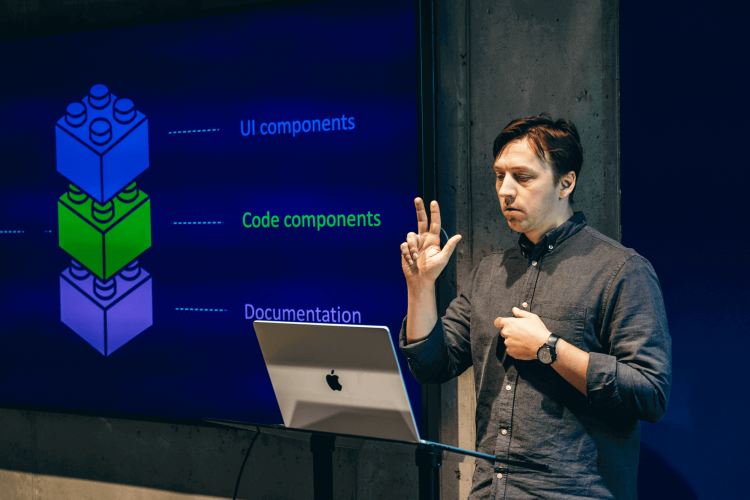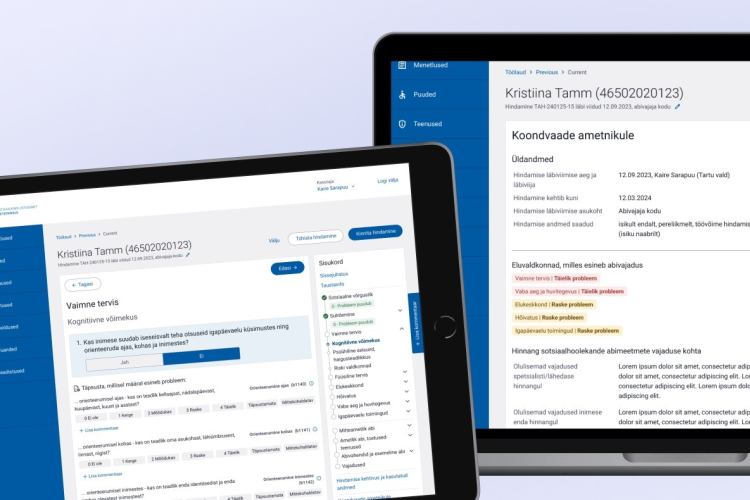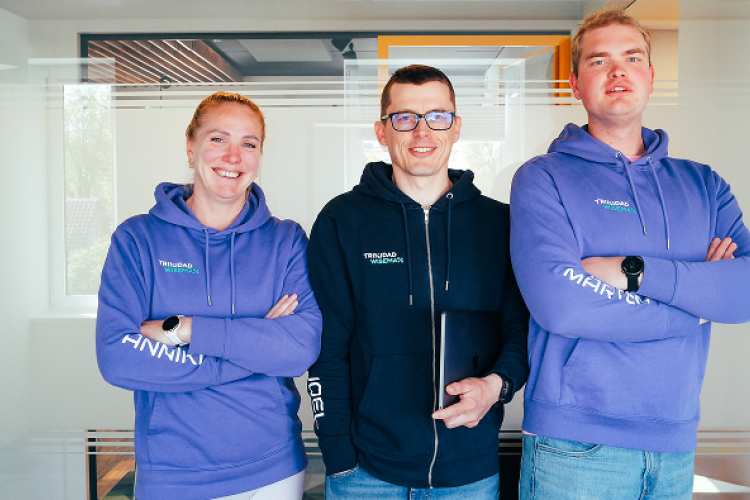New Study: Cultural Differences in Gesture Control Around the World
All devices these days are seeing gesture control integreted into themselves in one way or another. From smartphones to Smart TVs, Xbox Kinect and Leap Motion, gesture control is being more and more used every day.
Facit Digital, a user research and UX consultancy, is now publishing the results of a worldwide study of cultural differences in gesture control for consumer electronics.
Global Scale
The study involved a total of 18 countries and was conducted together with UX Fellows, the network for user experience research companies that currently has 23 partners, including Trinidad Consulting as well.
For the basic functions, such as adjusting volume or selecting channels, surprisingly similar spontaneous gestures were revealed all over the world. In the case of more complex operations, significant differences emerged between different countries.
You Still Need to Test Locally
Gesture control is being enthusiastically received all over the world, but for products that are to be marketed internationally, user tests at a national level are indispensable.
The Gesture Study in Short
- focused on Smart TVs
- 360 people interviewed in 18 countries
- the countries included: Germany, Argentina, Australia, Belgium, China, Finland, France, Great Britain, India, Italy, Canada, Korea, Mexico, The Netherlands, Russia, Spain, Turkey and USA
Results
Many everyday gestures vary enormously between different cultures, but certain communication triggers are the same all over the world. Thus, the gestures for "I'll give you a call" or "I'll send you an email" are practically identical across all cultures amongst individuals who are comfortable using technology.
Basic Gestures Were Similar All Over The World
"We were surprised to discover that the gestures used spontaneously for basic functions when watching TV – such as adjusting volume, changing channel, pausing films or fast-forwarding – are extremely similar all over the world.
People appear to have in their minds something along the lines of a basic universal sign language for entertainment electronics", says Michael Wörmann, Managing Director of Facit Digital and the initiator of the study.
The hand movements used are clearly derived from everyday gestures, but also from conventional computer metaphors or from tablet PCs.
Differences Emerge When Performing Complex Actions
On the other hand, in the case of more complex functions such as opening an electronic TV guide or sharing the current program via social media, considerable differences between cultures emerge. However, there are also plenty of creative ideas for ways of initiating these functions with simple hand movements.
"It is interesting that we were unable to identify any regionally consistent non-verbal behavior. In the case of products that are marketed internationally, this means that user tests on a national level are essential to ensure acceptance", explains Christian Bopp, Managing Partner of Facit Digital.
Spontaneus Interaction is Different Across Countries
Spontaneous interaction with an electronic device was in fact experienced quite differently in different countries: While the French and Chinese don't appear to have any problem whatsoever in inventing gestures, people from Britain and Korea find non-verbal communication more difficult.

In principle, the idea of operating consumer electronics via gestures has been enthusiastically received in countries all over the world. What is needed for this to be done reliably in technical terms is basing any such system on people's natural approaches to communication. Cultural factors must be addressed on a country-by-country basis.
About UX Fellows and Facit Digital
UX Fellows is the worldwide network for user experience research. It currently has 23 partners (including Trinidad Consulting) who conduct usability and UX studies in over 30 markets, both developed and emerging.

Shared quality standards and processes ensure that the user research is carried out professionally and efficiently all over the world. All of Facit Digital's partners are among the leading providers of UX research in their markets, providing expertise in local digital cultures that is becoming ever more important in global markets.
You can find the full study at http://www.uxfellows.com/gesture.php






